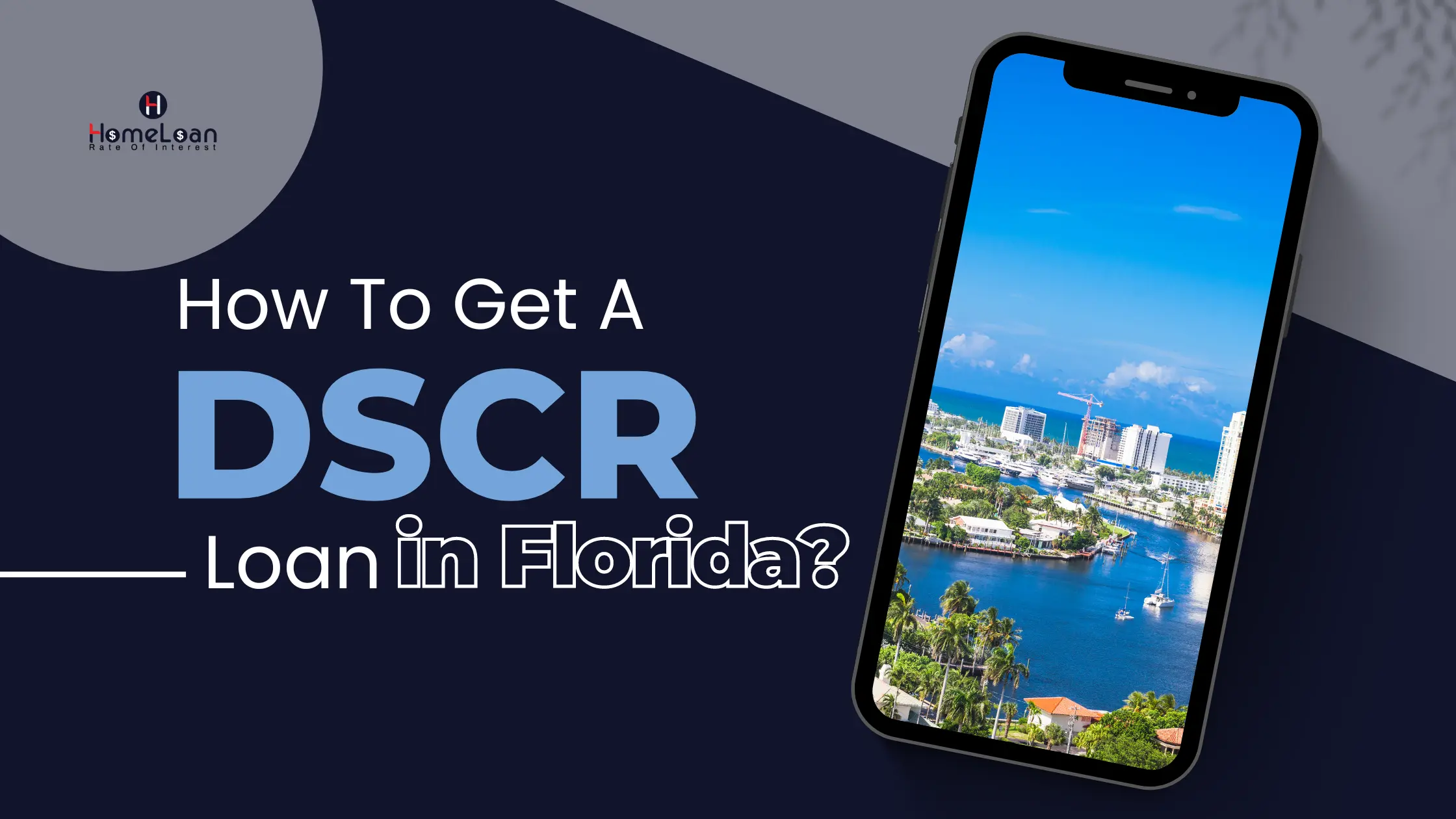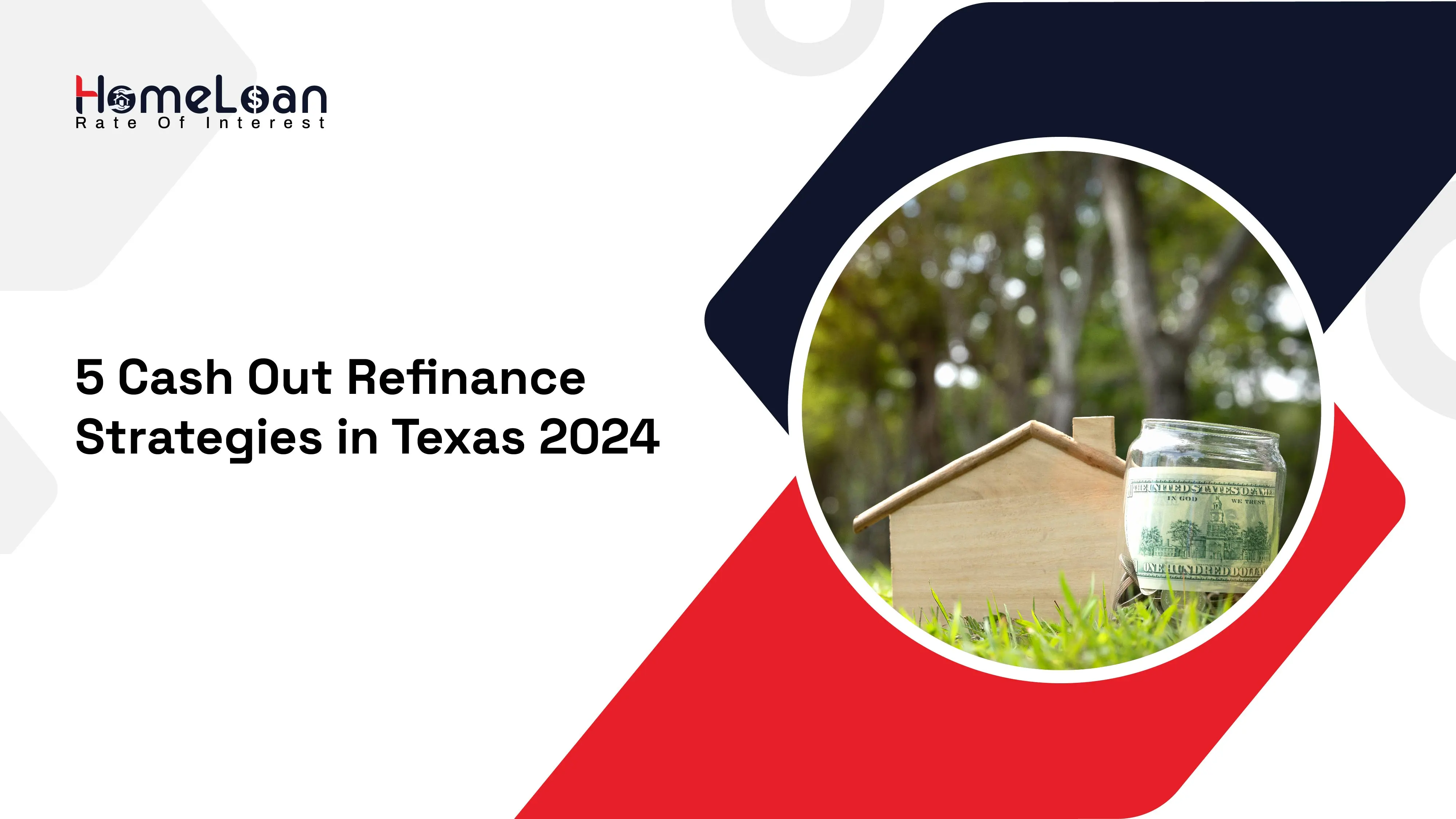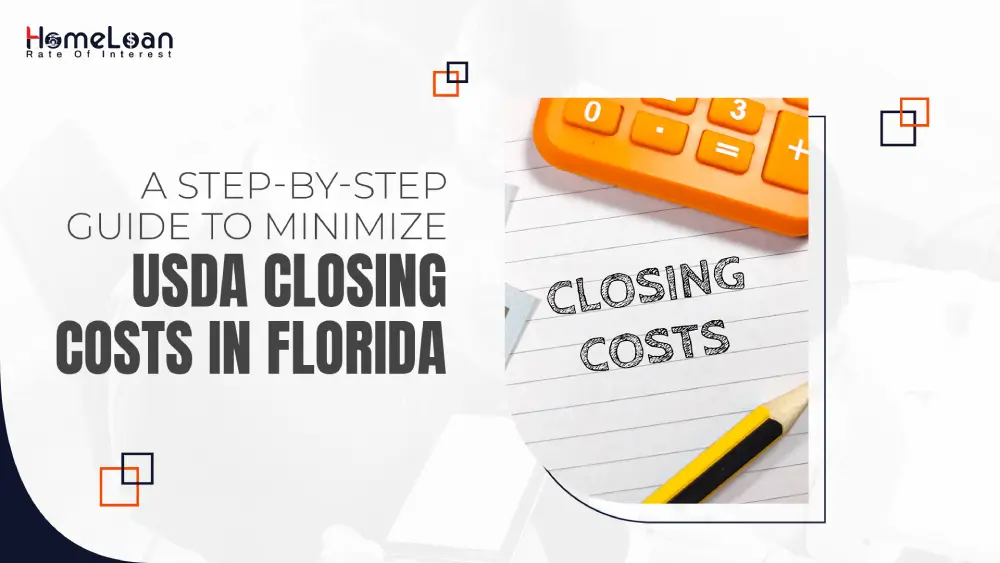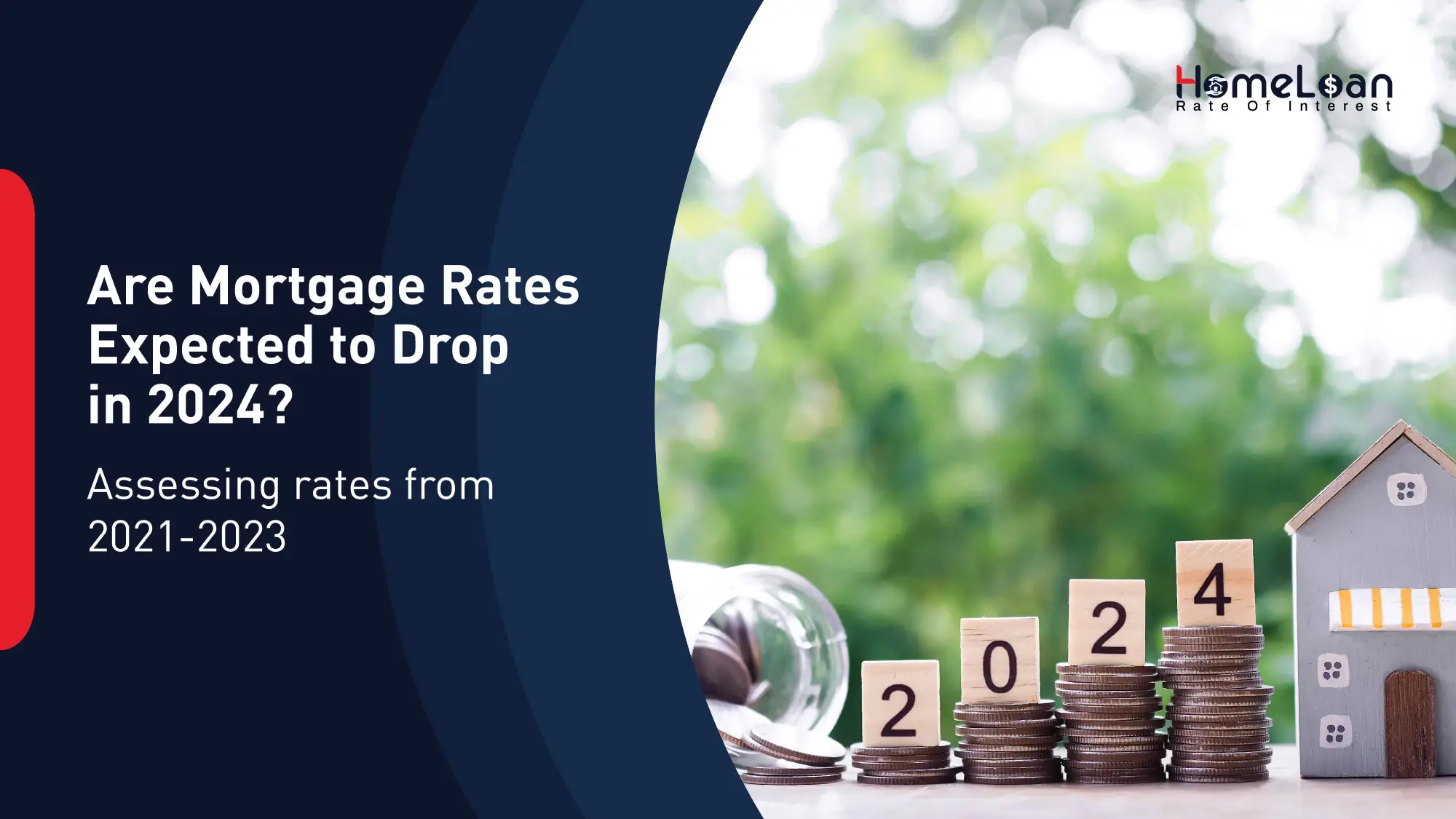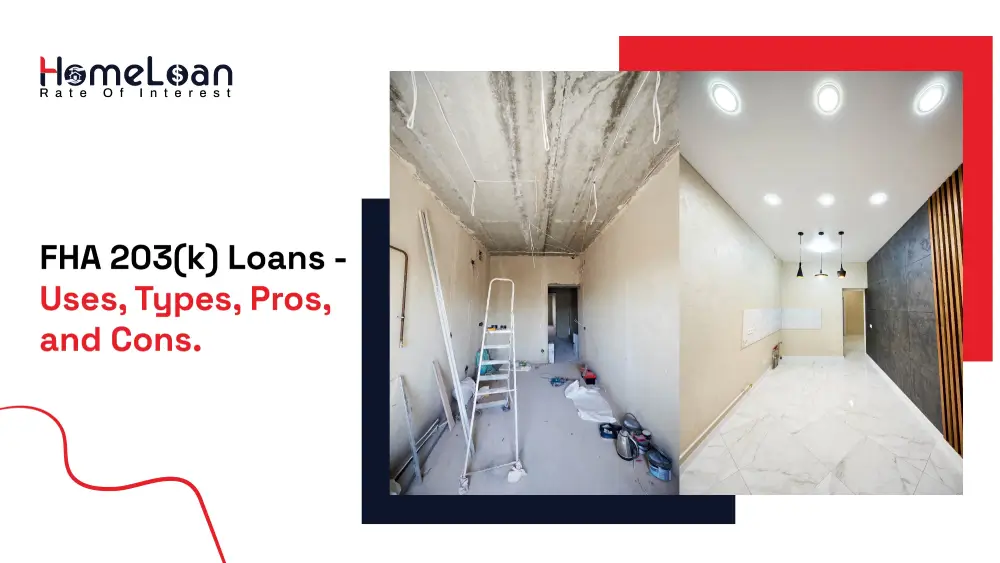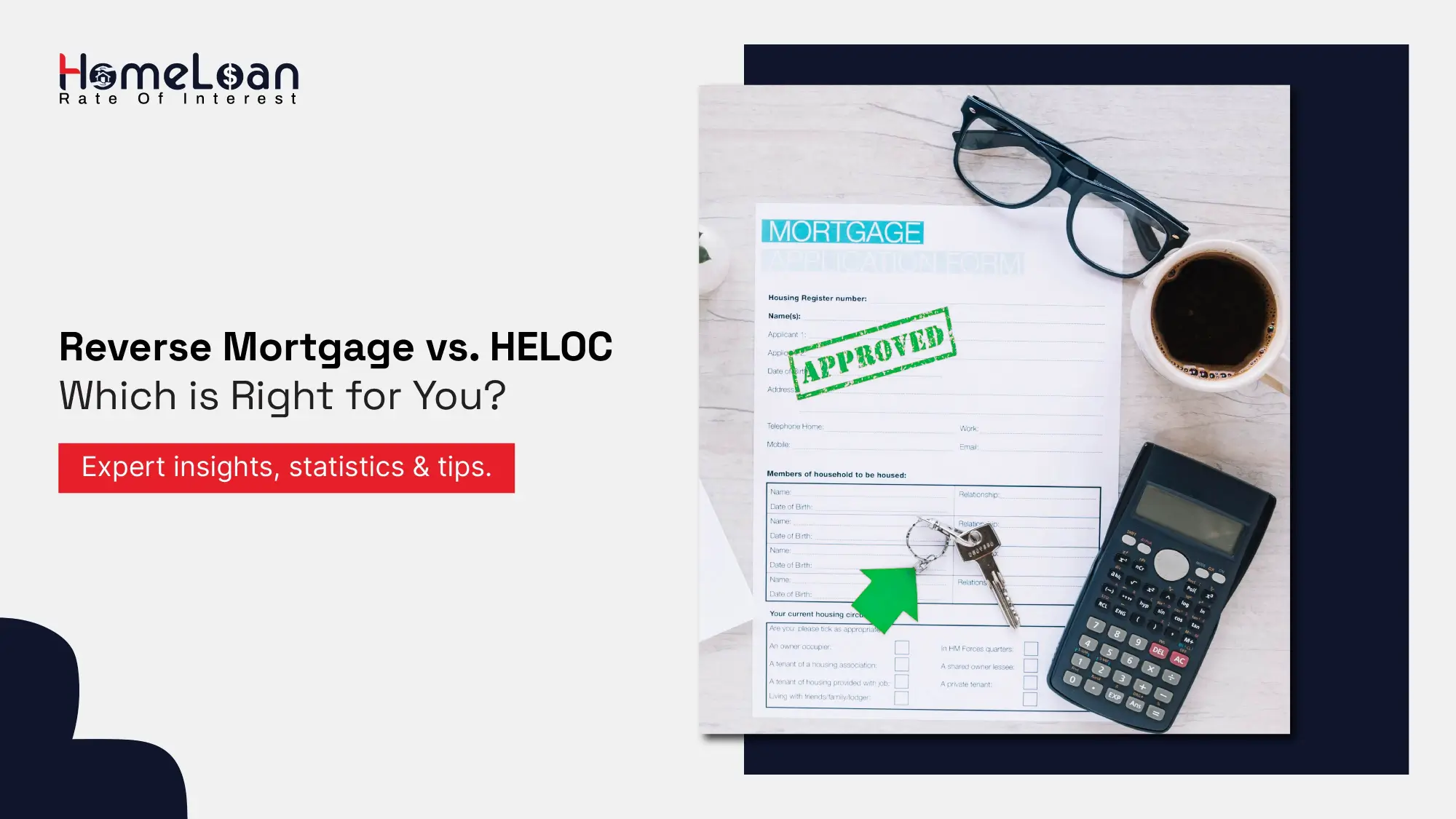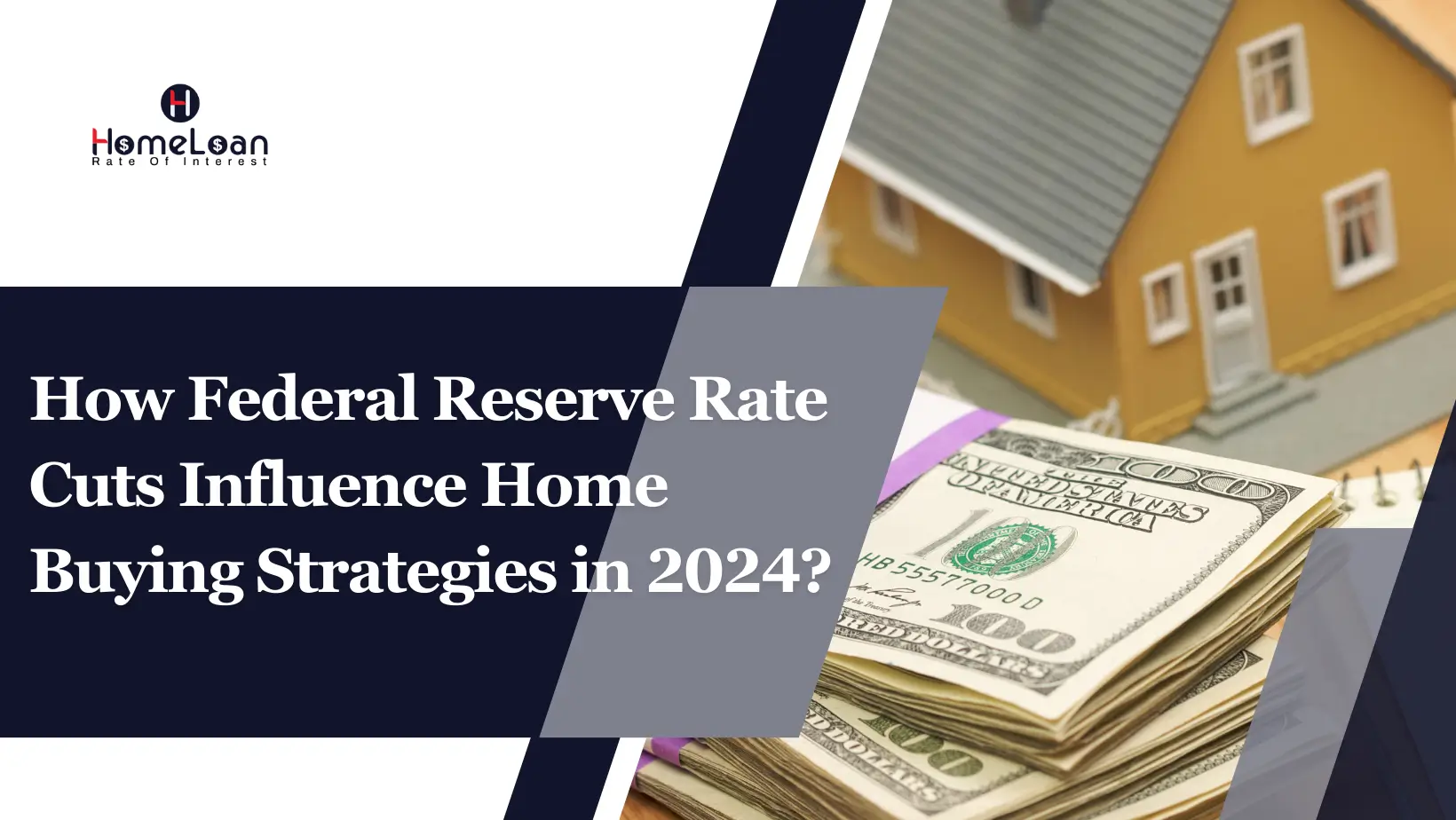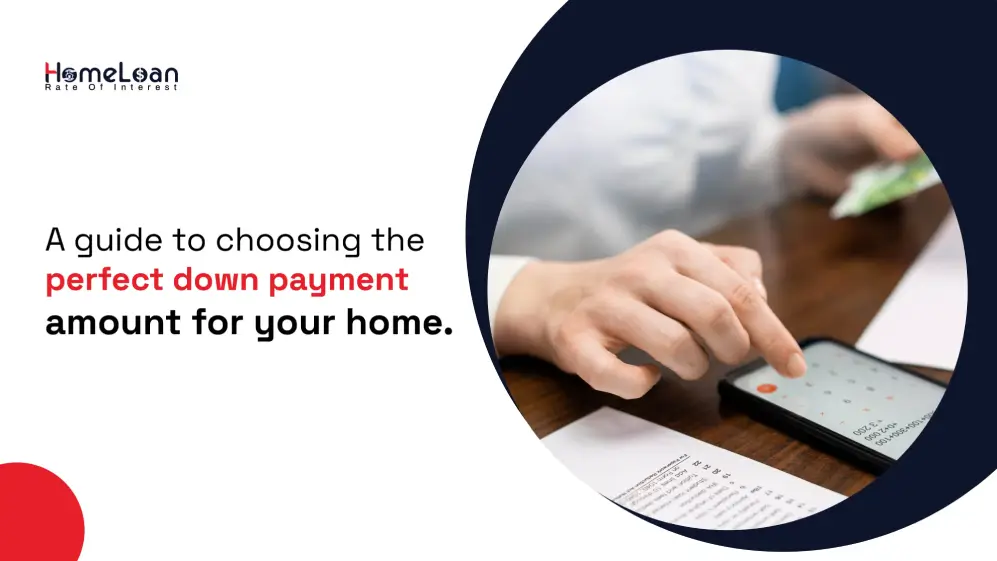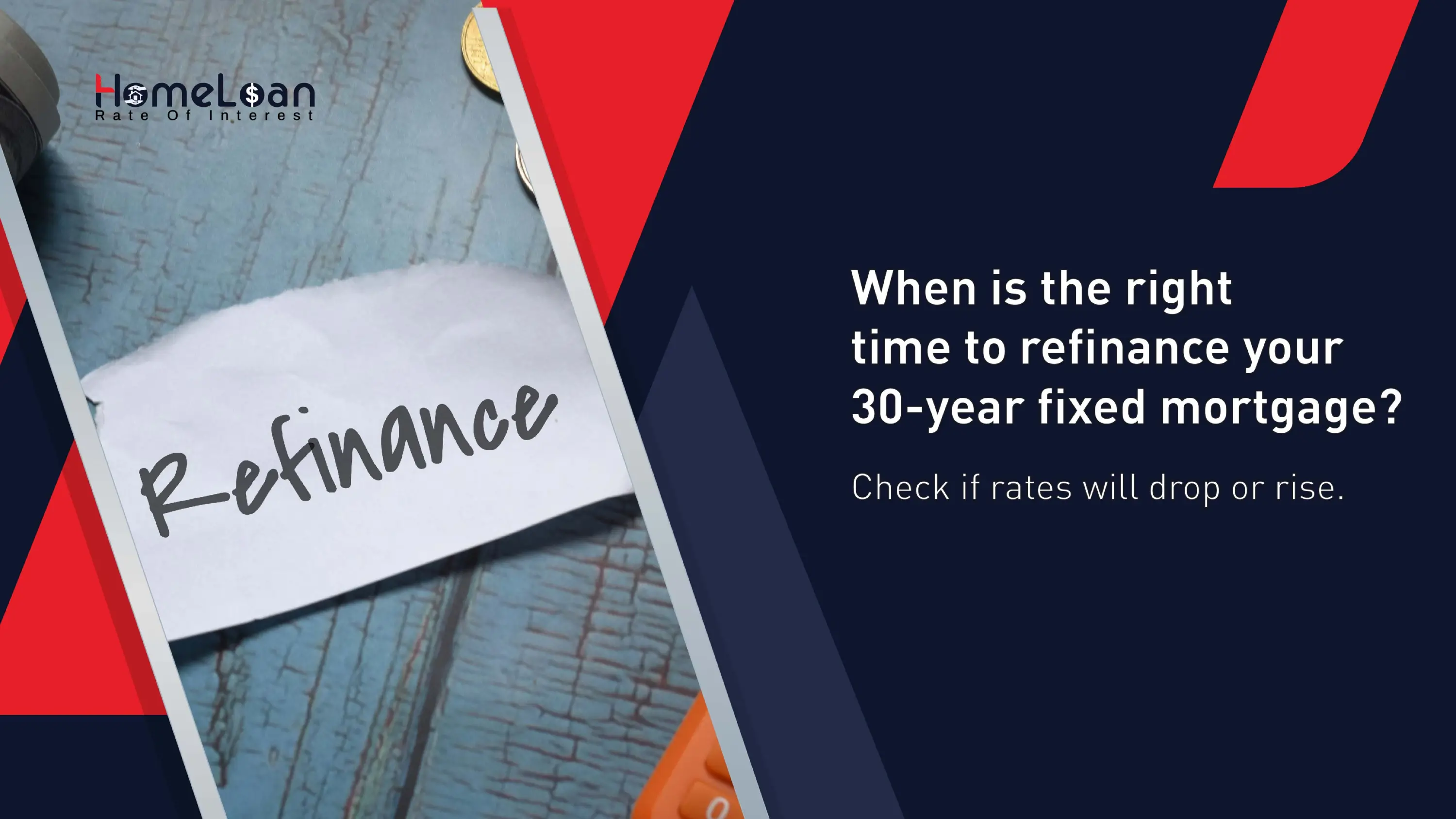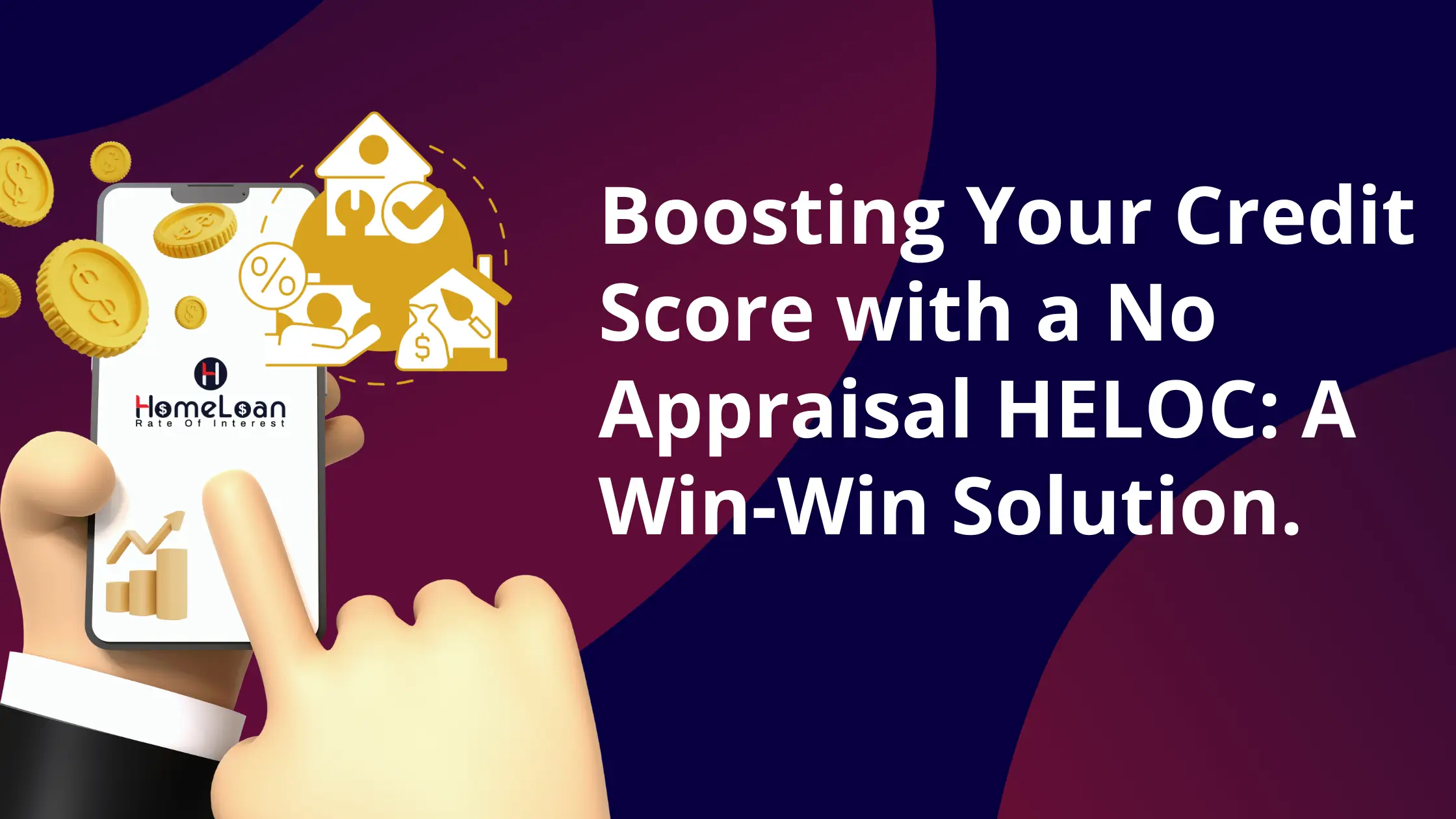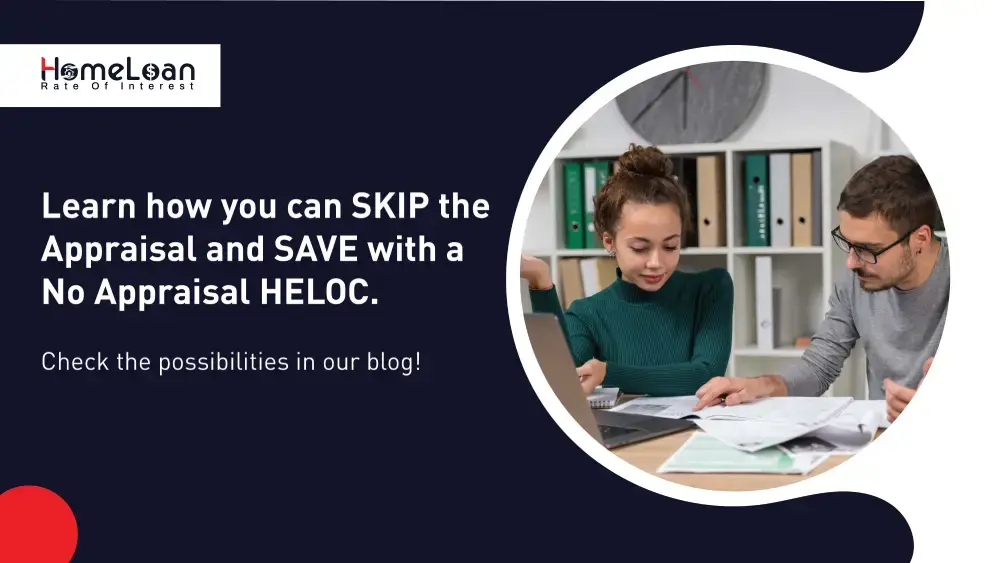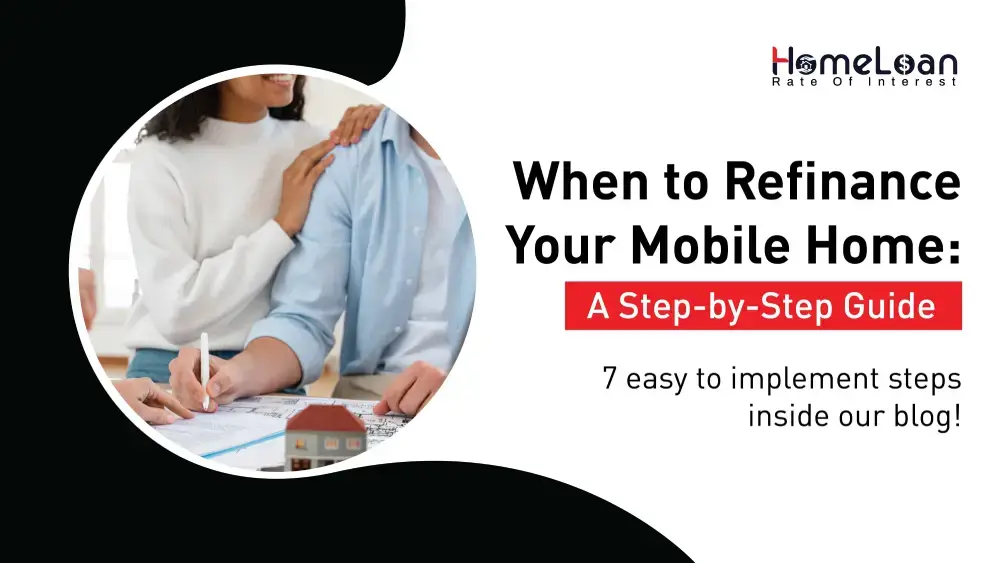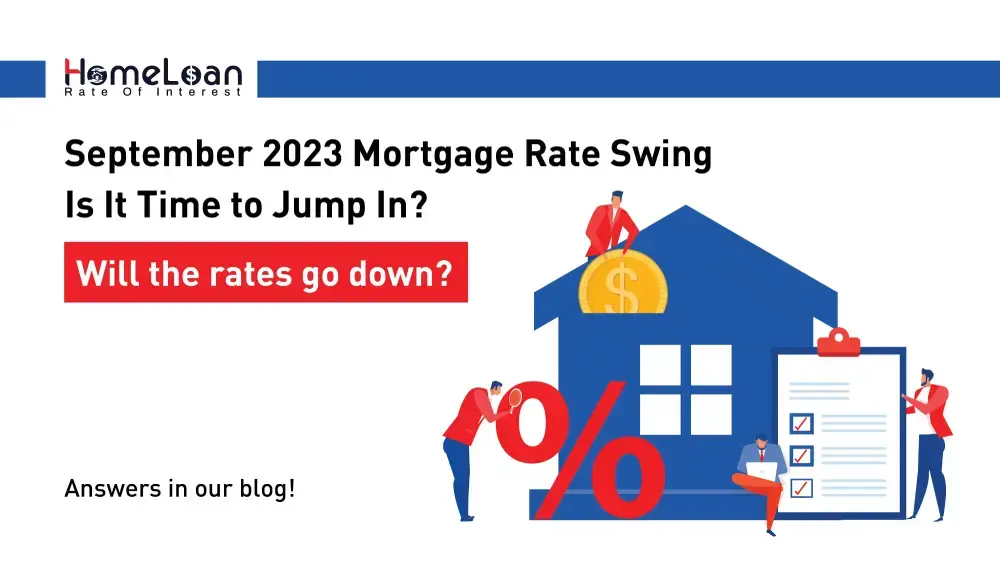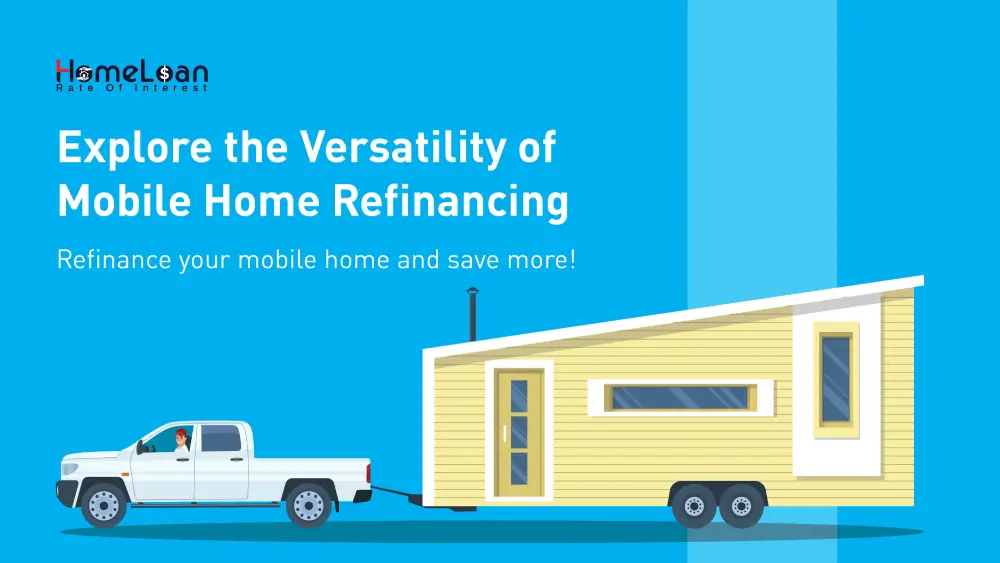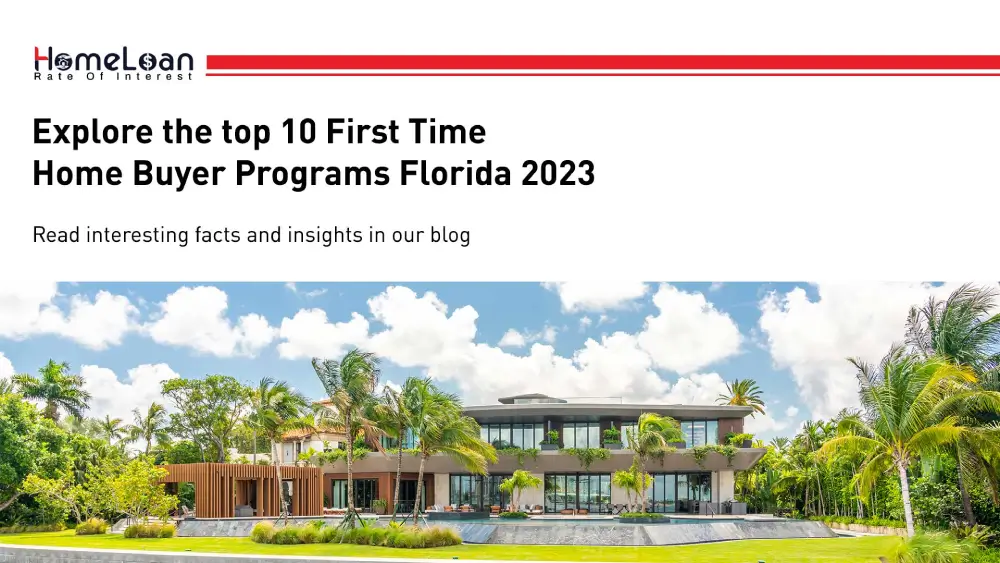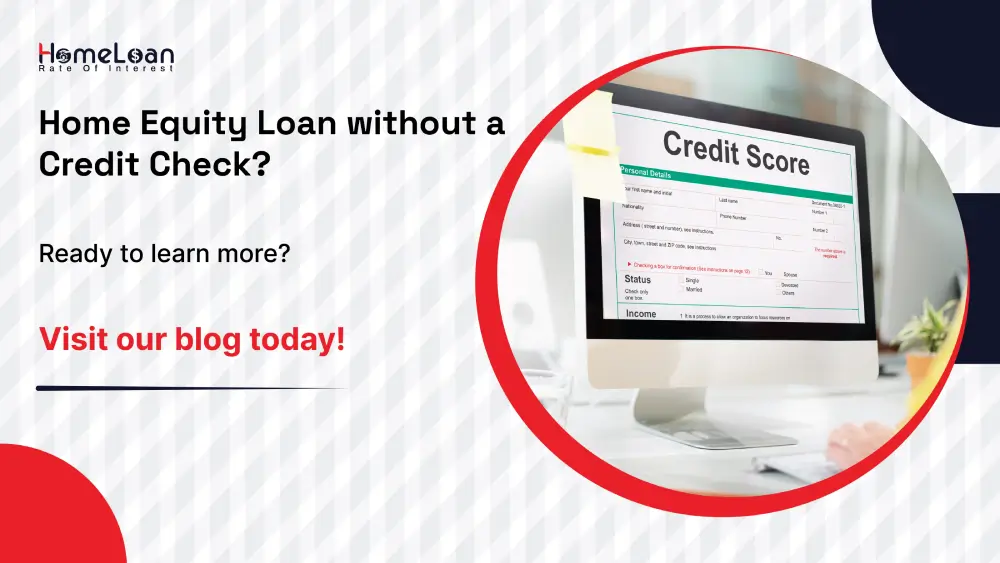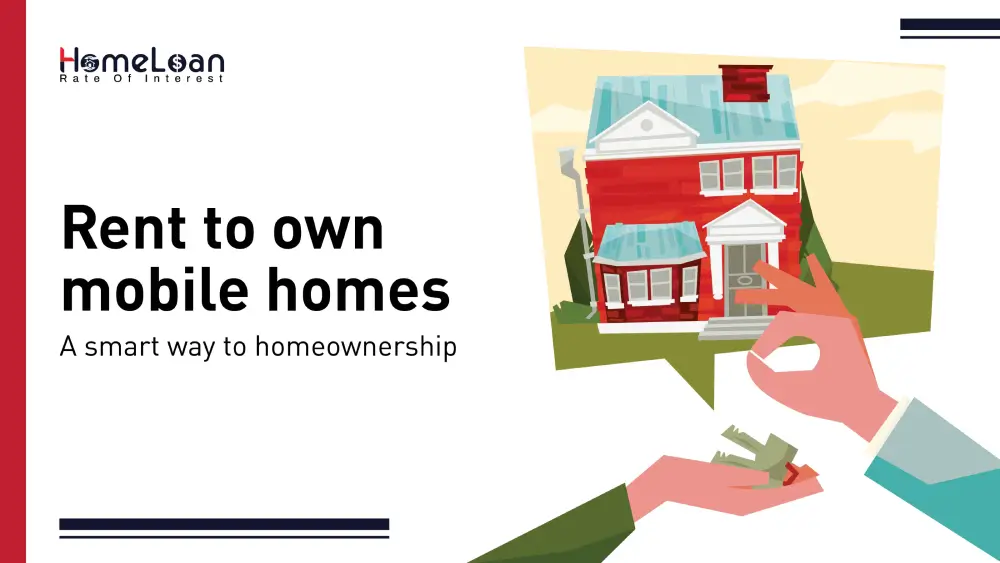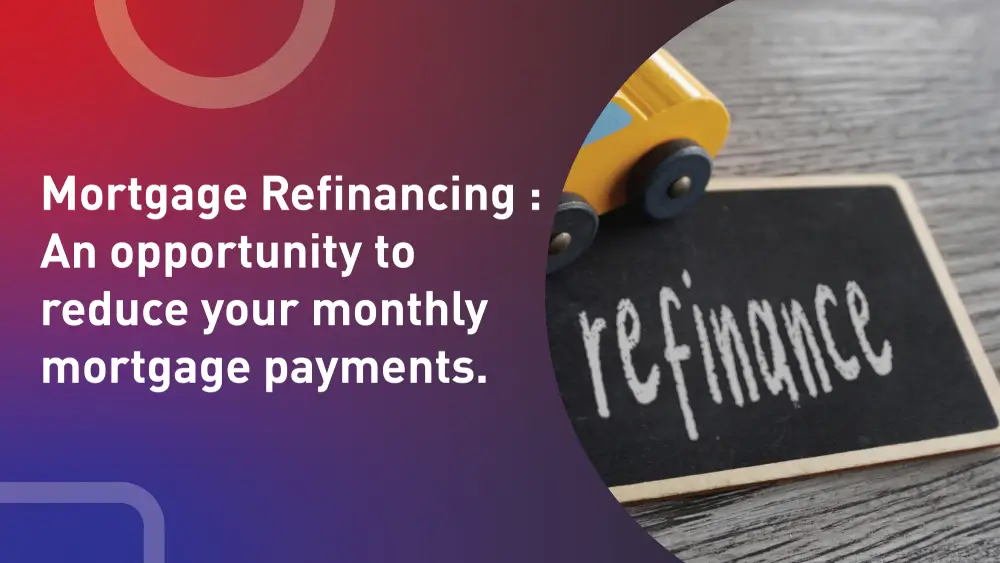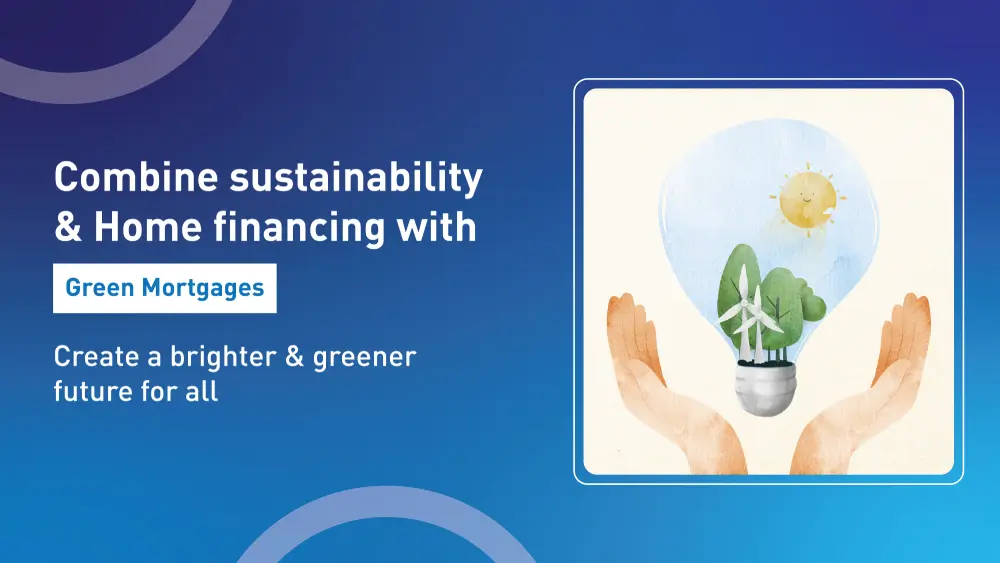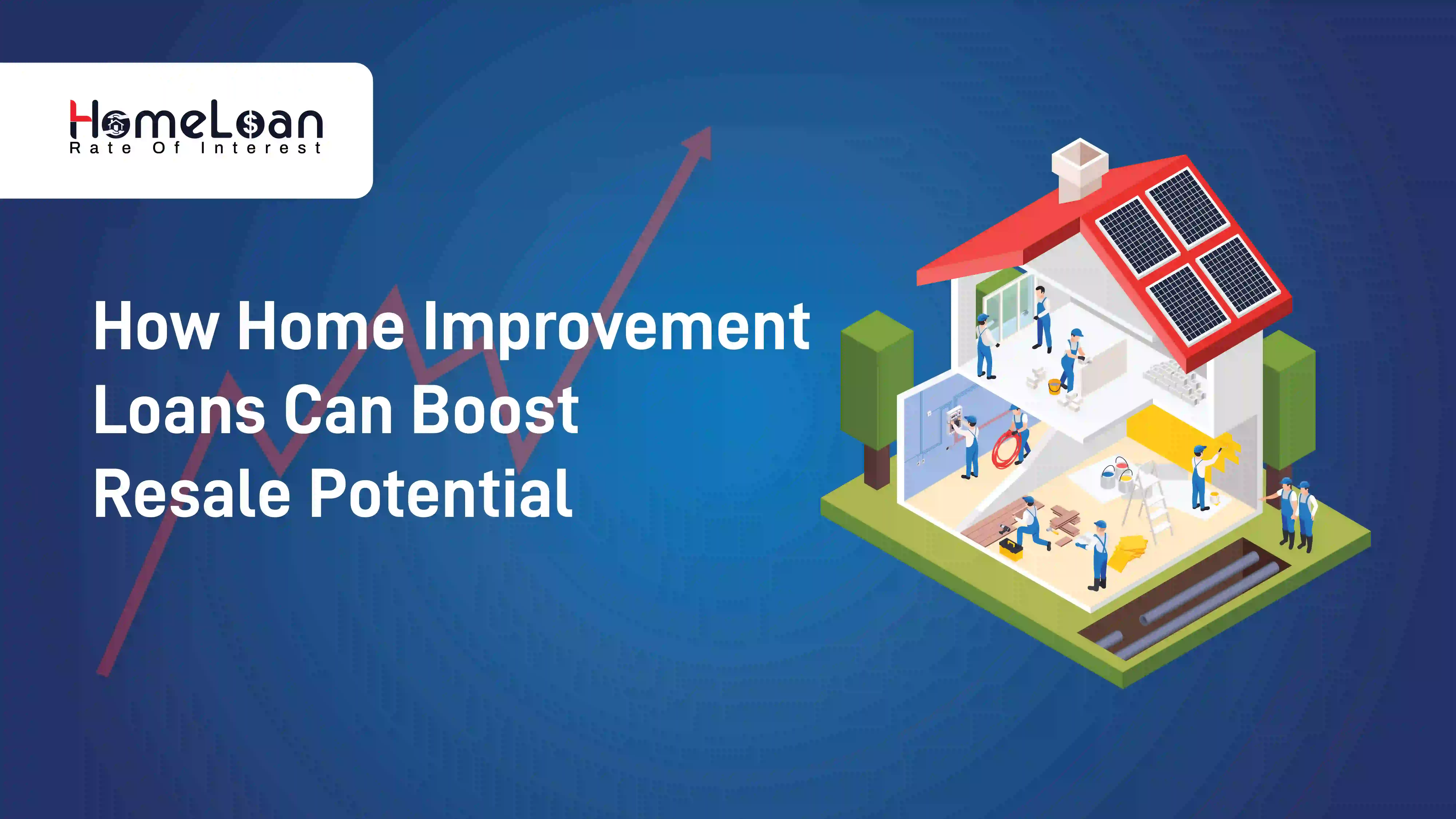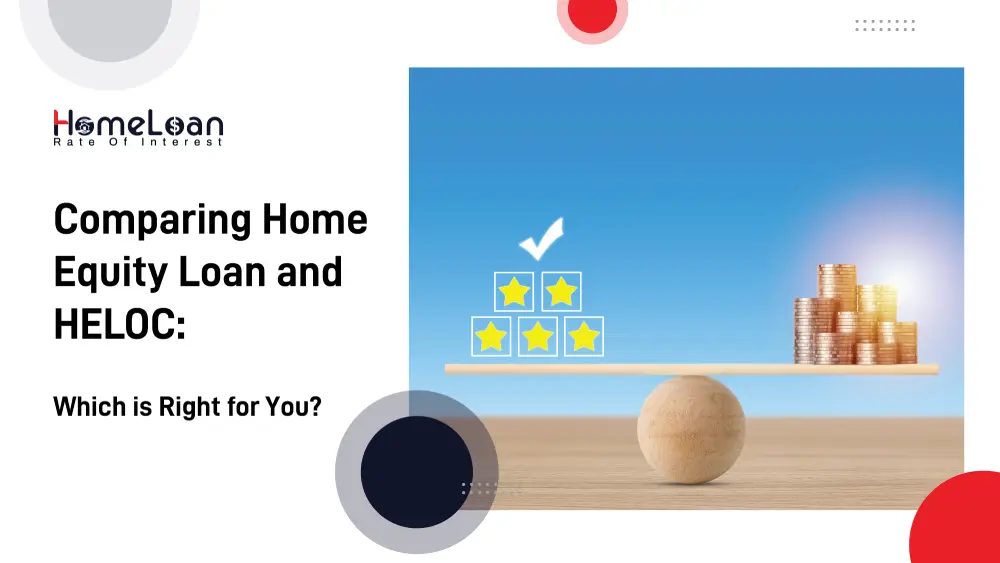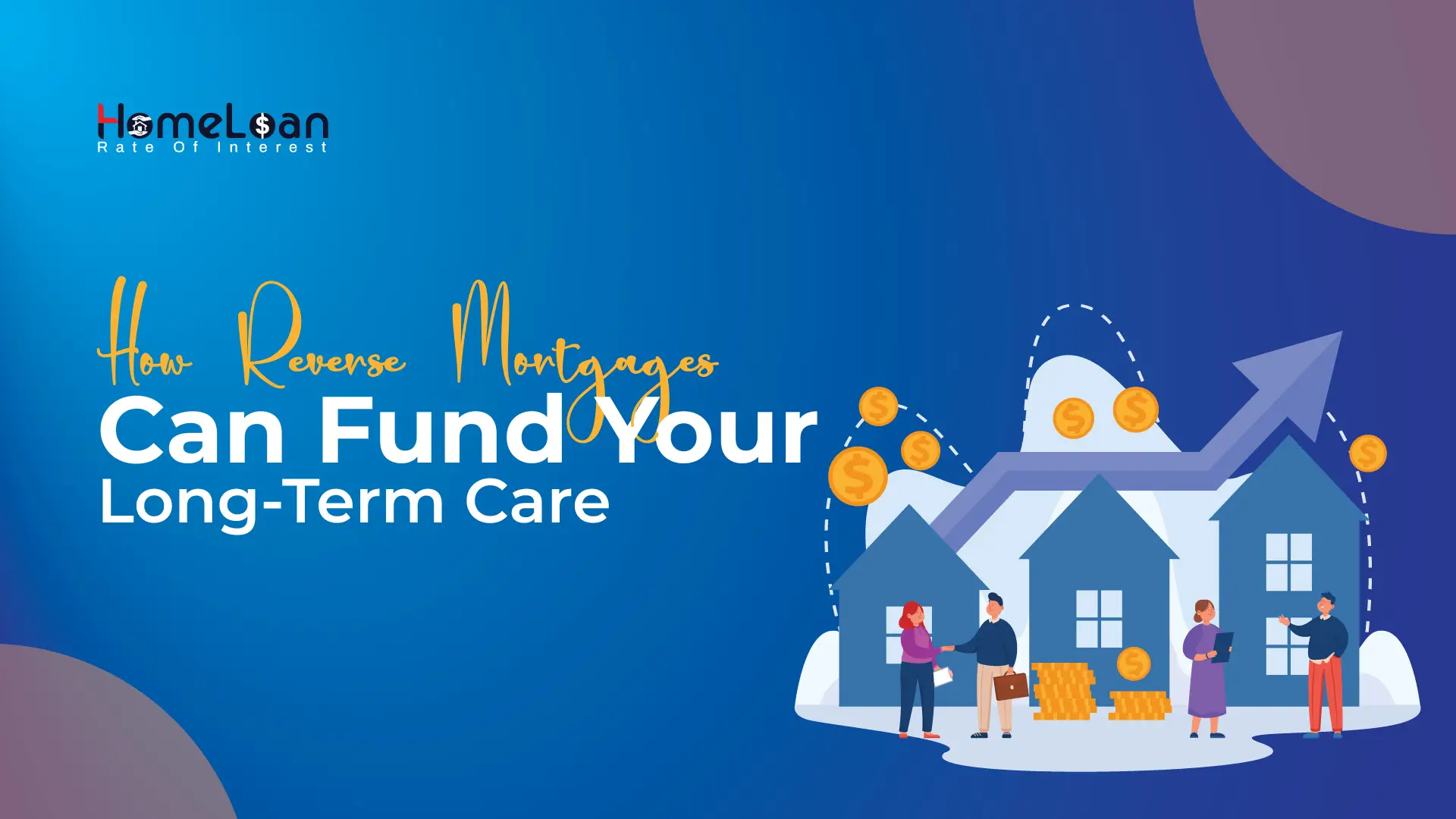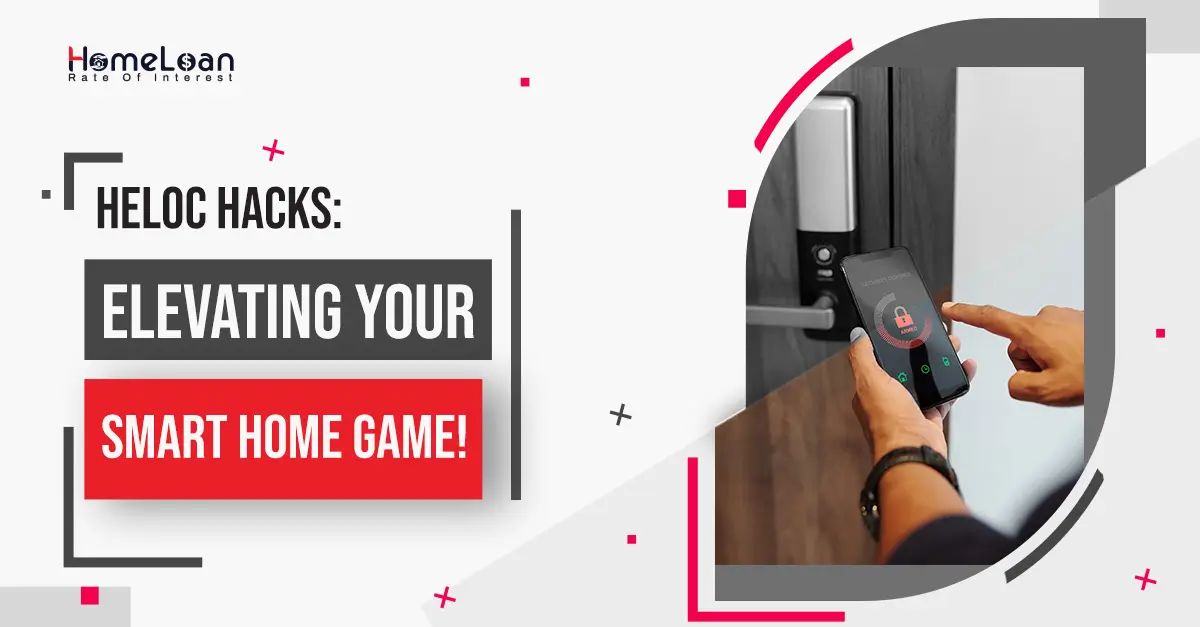
- 04 Dec, 2023
5 Common Misconceptions About first time home buyer grants Florida
Why are first-time home buyer grants Florida a smart choice?
Buying a home in the Sunshine State is the dream of millions of Americans. They see it as a great opportunity to invest as the state offers many first-time home buyers grants to help them afford homeownership easily.
However, misconceptions surrounding these grants can lead to confusion and missed opportunities. In this blog, we'll clear up all the 5 common misconceptions about first time home buyer grants in Florida.
What is a first-time home buyer grant?
We understand that home buying could be a tad bit overwhelming for first-time home buyers and it’s completely normal to feel that way as it is your first time experiencing the homeownership journey.
-
To tackle these financial challenges, there is a valuable resource that first-time home buyers can utilize.
-
They are referred to as Florida home buying grants and provide financial assistance programs to support low-income individuals purchasing their first home in Florida.
-
These grants aim to ease the financial burden associated with the down payment and closing costs.
How do Florida home buying grants work?
These first time home buyer grants in Florida typically function by providing funds that can be used for various aspects of the home purchase process.
However, the home buyer grants won’t cover every single home-buying expense. The primary areas covered include down payment assistance and closing cost coverage.
In some cases, grants may extend to help with necessary repairs or renovations, ensuring that new homeowners can maintain and improve their property.
Breaking the misconceptions
Homebuyers are bombarded with doubts and confusion during their home-buying process. Some may believe that the Florida home buying grants are exclusively for those with low incomes, while others may think they only apply to brand-new homes.
Moreover, the misconception that a great credit score is an absolute necessity can discourage many. But most of your misconceptions are not true at all! Keep reading to understand why.
#Misconception 1: They are only for low-income individuals
-
While certain Florida home buying grants are specifically designed to assist those with limited financial resources, many programs cater to a broad range of income levels.
-
First-time home buyer grants Florida recognize that financial circumstances vary and many accept first-time home buyers with low to moderate income.
-
In addition to that lenders offer these grants to anyone who didn’t own a property in the past three years.
-
Home buyer grant programs consider factors beyond income, such as family size, location, and the type of property being purchased.
-
This variability ensures that a range of applicants, not just those classified as low-income, can access the financial assistance they need to make homeownership more achievable.
#Misconception 2: They are provided for new homes
-
Contrary to the belief that first-time home buyer grants are exclusively for new homes, these grants often apply to various types of properties.
-
Whether you're interested in a new construction, an existing home, a condominium, or a townhouse, there are first time home buyer grants in Florida that support a wide range of property choices.
-
This flexibility ensures that first-time home buyers can explore different options based on their preferences and needs and are not restricted to purchasing only new homes.
#Misconception 3: The grants cover the entire cost of a home
-
It's a common misconception that first time home buyer grants in Florida cover the entire cost of a home more like a mortgage.
-
But in reality, these grants are designed to supplement only specific costs associated with homeownership. Assistance is provided for costs associated with down payments, closing costs, or necessary repairs in the home to be purchased.
-
These costs are really a burden to some first-time home buyers as they are additional expenses usually paid out of pocket.
-
While the Florida home buying grants can be used as a supportive financial tool, the funds cannot be used to cover the home’s purchase price.
#Misconception 4: Grants are difficult to qualify for
-
The perception that first time home buyer grants in Florida are difficult to qualify for, can immediately discourage potential applicants from exploring the financial opportunities of these grants.
-
However, eligibility criteria are often more streamlined than commonly believed. While there are requirements such as income thresholds and credit scores, many grant programs aim to be inclusive.
-
By understanding and preparing for the criteria, prospective homebuyers can increase their chances of qualifying for a grant and accessing valuable financial assistance.
-
If you don’t meet even the basic eligibility, it is advisable to consult with a mortgage professional and improve your profile to quality for these grants without any hassles.
#Misconception 5: You Need Perfect Credit to Buy a House
-
The concept of having a perfect credit score is a total misconception when it comes to purchasing your first home.
-
Yes, credit scores are important and act as a base in the mortgage and home approval process but when it comes to home buyer grants, it's not the sole determining factor.
-
Many first-time home buyer grants and loan programs have flexible credit requirements, allowing individuals with less-than-perfect credit to qualify.
-
Understanding the specific credit criteria of different programs empowers prospective homebuyers to explore financing options that align with their credit profile.
-
However, different Florida home buying grants come with varied credit requirements and it is important to do your research before reaching out to lenders to inquire about the home buyer grant programs.
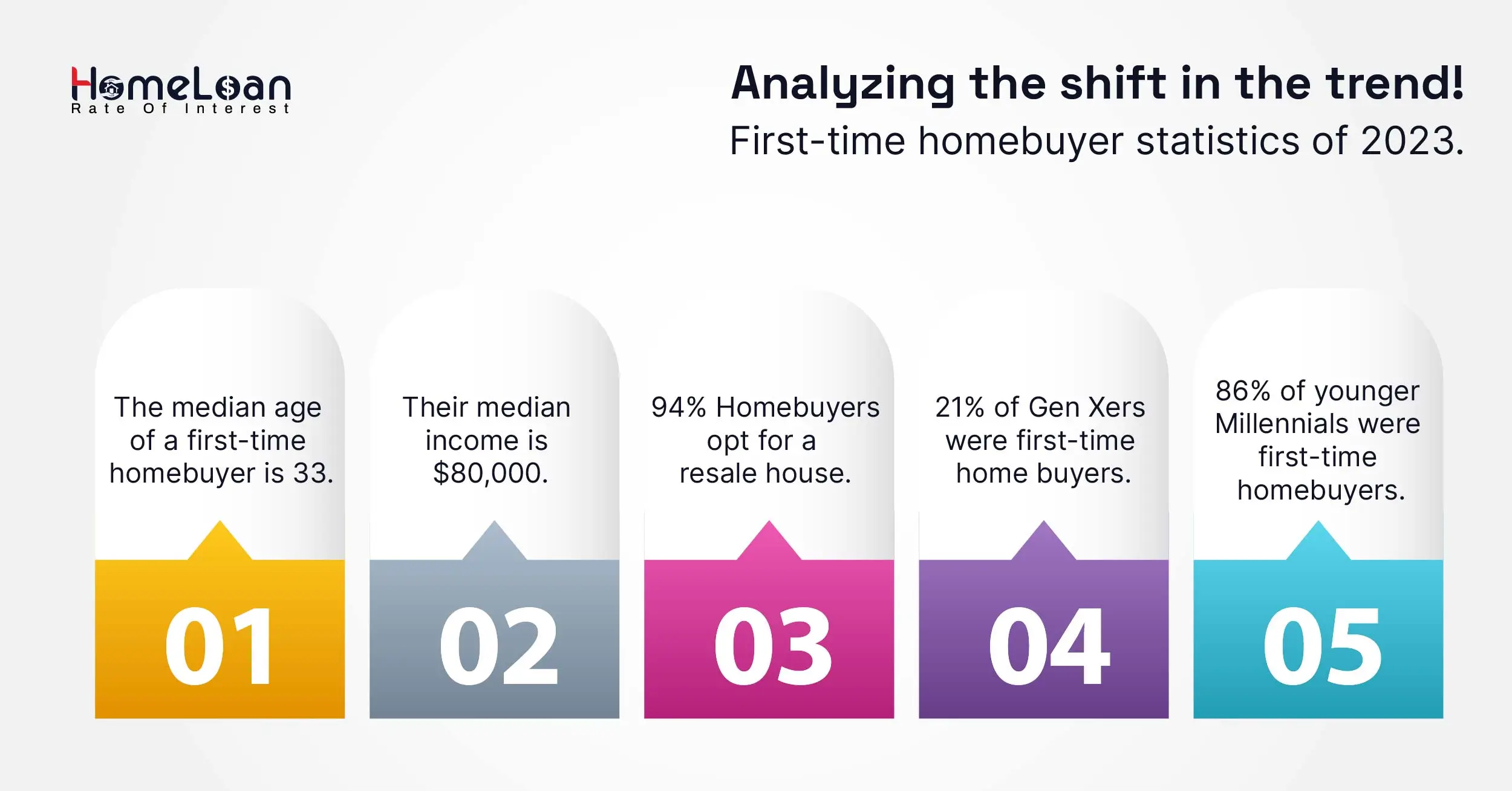
How to benefit from first-time home buyer grants in Florida?
Now that you know these misconceptions are not entirely true, it is time to learn some strategic tips to maximize the benefits of these grants and use them to the fullest.
-
Start your research early
Look for the home buyer grant programs available in your locality and understand the basic requirements of every grant. This includes programs offered by the state, federal, and local organizations.
Early research helps home buyers identify all the potential grant features, eligibility criteria, and benefits.
To simplify your research process, connect with mortgage experts from Home Loan Rate of Interest to explore and understand each home buyer grant program thoroughly.
-
Evaluate your financial situation
Start with evaluating your credit score, and the debt-to-income ratio to determine how much you can afford for your down payment and closing costs.
Make use of online calculators to project the total amount of down payment that you are required to pay.
Gather all the financial documents like your monthly pay stubs, tax returns, and bank statements to assess all your income and expenses.
It gives you a sense of clarity in setting realistic financial goals for your home-buying process.
-
Attend homebuyer education workshops
Workshops are a great way to network with different types of professionals that you might encounter in your home buying process timeline.
These educational workshop sessions help in connecting with real estate professionals, mortgage lenders, interior design experts, home repair agents, and so on.
Gaining knowledge from them helps you tackle potential challenges and tailor your approach towards researching grant programs.
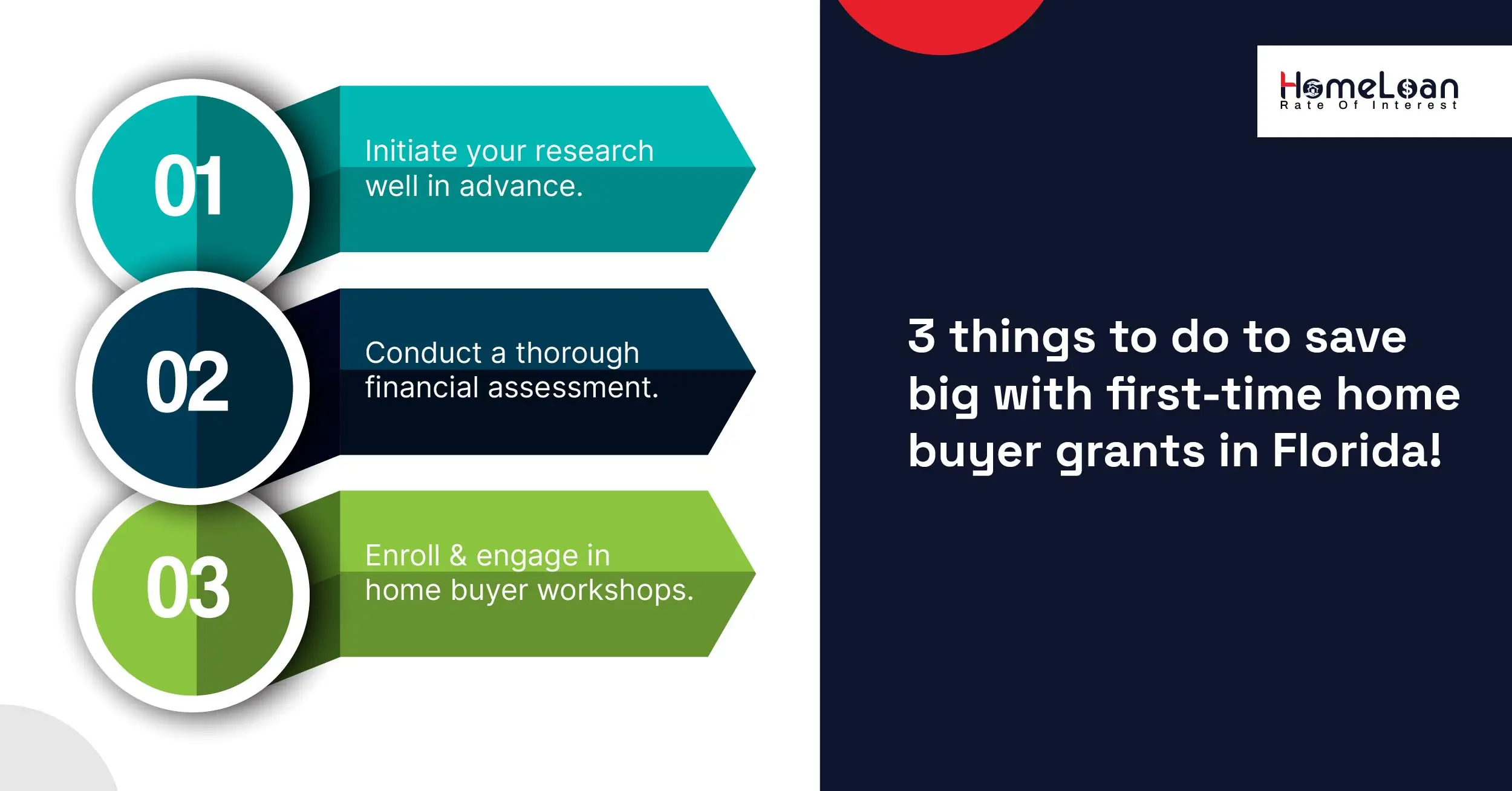
Home buying process timeline
We know you’re all curious and ready to walk into your own home for the first time! So, here is a quick home buying timeline check for the first-time home buyers out there.
Understanding the home buying process timeline is essential for a smooth and organized homeownership. Here’s a breakdown of the key stages:
Preparing your finances - (Months 6+)
-
Conduct a detailed financial analysis of your accounts, obtain the total amount of debt, your monthly expenses, and areas for potential savings.
-
Check if your credit score meets your lender’s requirements. If not, take the necessary steps to address any discrepancies and make your remaining payments on time to demonstrate responsible financial behavior.
-
Choose a lender - (Months 2+)
-
Explore the requirements of different first-time home buyer mortgage programs in Florida. Understand the eligibility requirements, application processes, and the benefits offered by mortgage programs.
-
The primary choice of many first-time home buyers is a 30-year conventional mortgage as it helps them tap into the lower monthly payments.
-
Whereas buyers who aren’t eligible for a conventional mortgage, opt for FHA loans as they come in with low down payment requirements.
-
Once you match your lender's requirements, you can go ahead and apply for the mortgage of your choice.
-
Getting pre-approved - (Months 3+)
-
It is best to get your mortgage pre-approved before you begin with the house-hunting process.
-
A pre-approval letter is issued by the lender who is tentatively ready to lend you a loan up to a certain loan amount.
-
But, keep in mind that pre-approvals don’t guarantee a mortgage approval or interest rate as they expire after 90 days.
-
Search and hire a real estate agent (Weeks 1+)
-
Mortgage lenders can recommend real estate agents as per your county and you can also get referrals from family and friends.
-
Find an agent who can understand your expectations and think from your shoes. Let them know your home-buying budget and find someone you connect with.
-
Shop for your home and make an offer (Months 2+)
-
This is the stage where you walk into different houses and find your dream home. Having a checklist of your dream home essentials can save you some time while you tour between houses.
Pro Tip
Before checking houses, make sure to do your research about the neighborhood so that you’re well prepared before stepping into every house.
-
Once you are ready with your decision, make an offer with the help of your real estate agent and ask for the offer letter.
-
Loan processing (Days 1-5)
-
Based on the financial information given by you, loan officers will check through your application to ensure they have all the required information they need for the mortgage approval.
-
During this process, your home will undergo an appraisal process and an inspection. Remember that you might have to pay some amount for the home appraisal process to be completed.
-
Finalizing your loan (Days 3)
-
Once all the checks are done successfully, you will receive all your documents and a closing disclosure that specifies the loan terms.
-
Carefully review all the documents before signing the final paperwork. If any aspects of the closing disclosure are unclear, don't hesitate to seek clarification from your lender.
-
Understanding the terms of your loan is very important, and your lender is there to provide the necessary information to ensure your comfort and confidence in the agreement.
-
From the initial phase of preparing your finances and researching grant programs to exploring properties and finalizing your loan, each stage contributes to a successful home buying journey.
With careful financial assessment and a thorough understanding of the home buying process timeline, you can secure one of the best properties in the Sunshine State within your budget.
Imagine feeling the warmth of the sun every morning! With the right home-buying grant program you can save big and utilize your funds efficiently.


